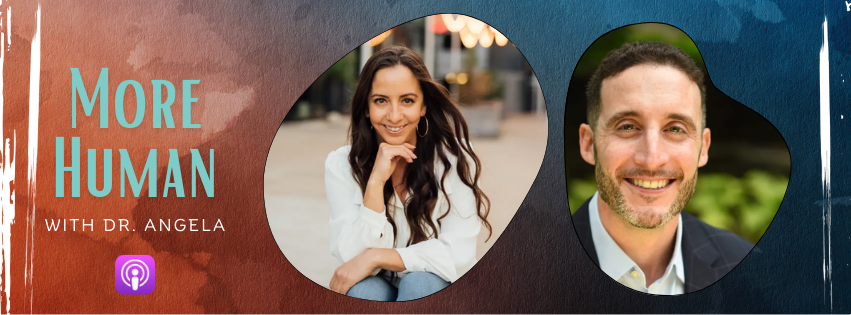Measure Twice, Cut Once
- Dec 2, 2021
- 3 min read
Updated: Dec 3, 2021
Vanity metrics have led faith community leaders to chase dollars, attendance, and legacies, only to leave the irreplaceable elements of our sacred missions scrapped on the workshop floor. What if instead of fashioning our communities after the market-cap-obsessed culture of today’s America - we chose a different path to measuring our success?
By Rabbi Elan Babchuck
Few things in the world spark joy for me quite like learning a new skill. From my first time death-gripping the holds at my local rock climbing gym, to butchering the pronunciation in my first Italian class, I find overwhelming delight in these struggles and successes.
Two summers ago, I decided that woodworking would be my next mountain to climb, and I signed up for an instructional class at a local hardware store. I showed up with my safety goggles, work gloves and circular saw in hand, and sat down next to a handful of my fellow carpenters-in-the-making. When Javier arrived and called our class to order, it was the very first thing he said that has stuck with me ever since: “Measure twice, cut once. Circular saws don’t have an “undo” button.”
“All along I had thought that my most important woodworking tool would be my saw, but alas it was actually my measuring tape.”
And it’s not only in woodworking that measurements can shape the product irreversibly; it happens in our work every day. Think of the ways we talk about companies (market cap), programs (attendance), and legacies (bricks and mortar, endowments); we’re obsessed with metrics.
But, what if we’re measuring the wrong things? What if - all along - our metrics were so off that we ended up cutting out elements that were most vital to the health of our communities?
If you’re like most people working in faith, you’ve likely heard colleagues describe their work in light of the “3 B’s” - those mundane vanity metrics that someone long ago decided could adequately tell the story of our work: Budgets (how much money do you bring in each year?), Buildings (how big is it?), and Butts (how many people show up and take a seat each week?). Not only do these 3 B’s sell short the transcendent work you’ve built your life around, but their allure also impacts the way we shape our communities - too often for worse.
While measuring the wrong thing is no sin, cutting out the right thing is. We value what we measure, and not the other way around. And that fact alone has led countless among us to chase dollars, attendance, and legacies, and leave the irreplaceable elements of our sacred missions scrapped on the workshop floor.
Lately, at Glean Network, we’ve been discussing what it would mean for all of us to choose a different path. We’ve begun to embrace 3 transformative new B’s that keep us focused on our mission, more aligned with our vision of the world as it could be, and more purposeful in our attempts to build it.
We want to see communities built on Belonging, Believing, and Becoming, and we’re invested in building the right measurement systems to hold us accountable to them.
This winter and spring, Glean Network is proud to partner with our friends at Springtide Research Institute to launch the Belonging Index. Along with the release of an online tool to measure belonging in your community, organization, school, or network, we will launch live and asynchronous resources to help you take action on the data and build a world of belonging around your mission. We hope you’ll join us for the pilot cohort and beyond, so please sign up and stay tuned!
In the meantime, as our solstice approaches and the days darken, I wish each and every one of you an abundance of light in your lives, hope in your hearts, and an enduring sense of belonging in your bodies.
In faith,
Elan





